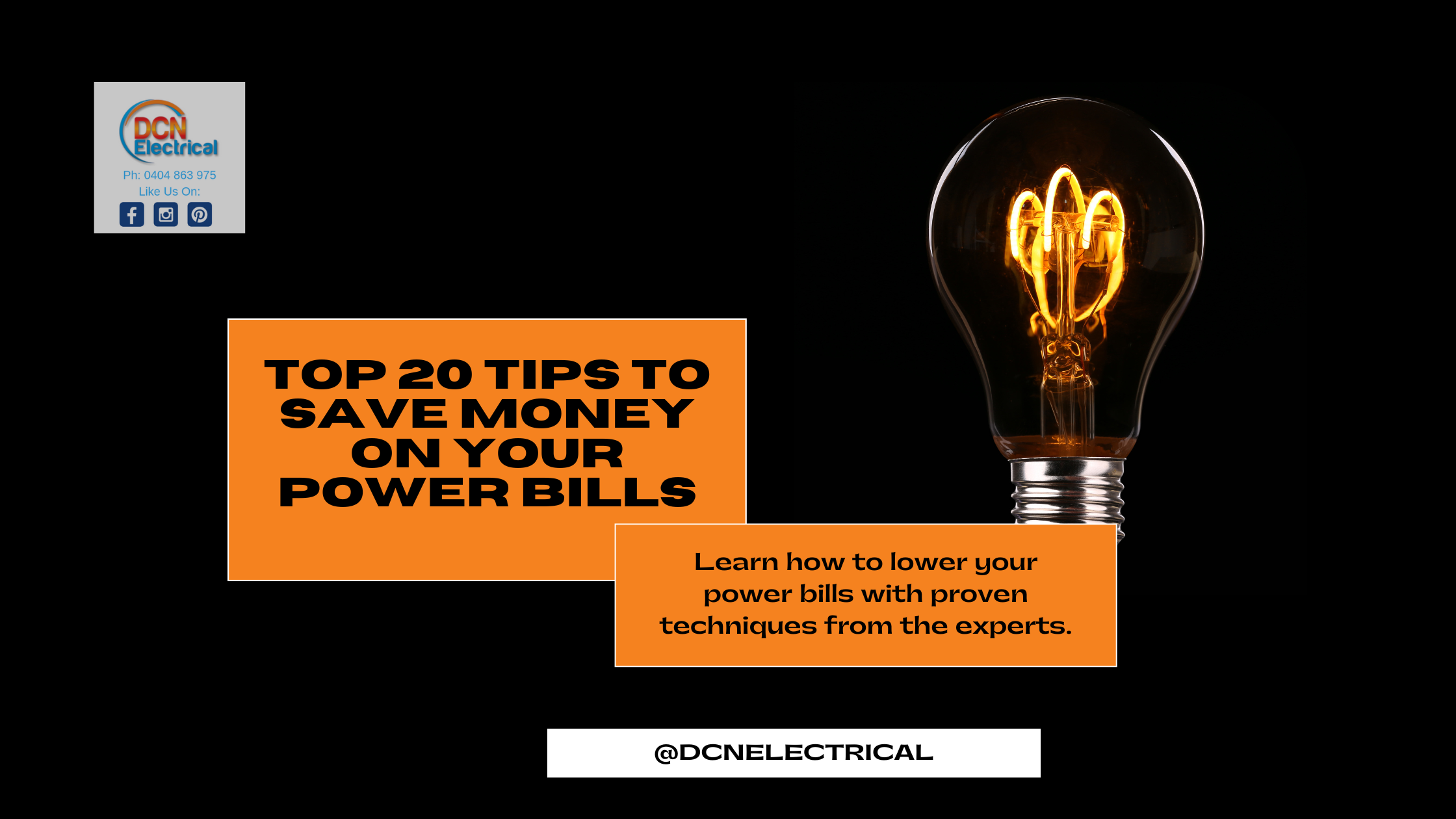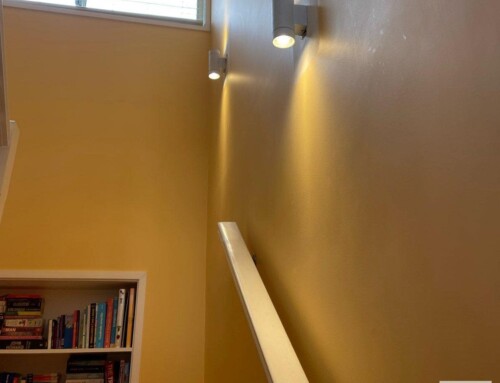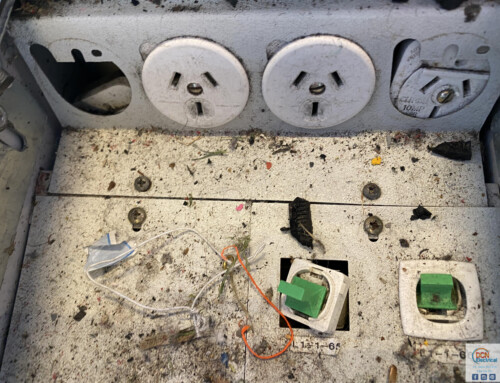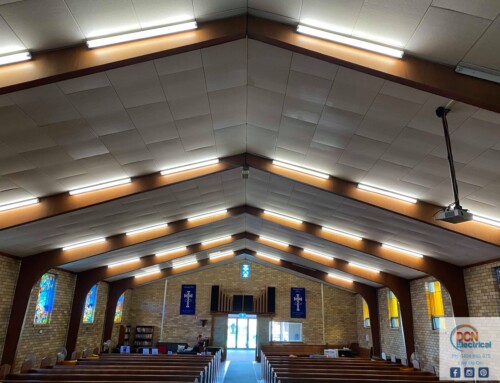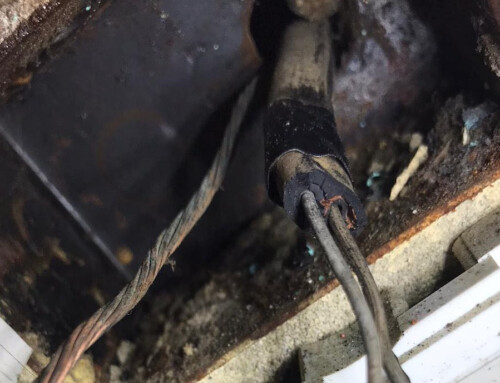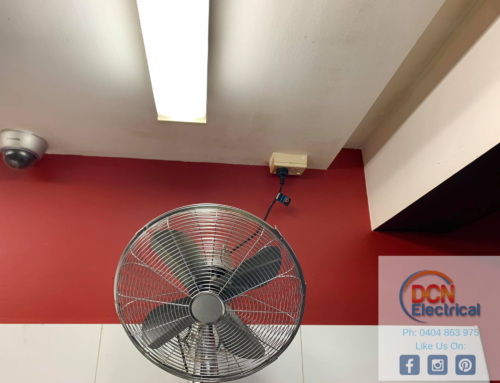Electricians can help homeowners save money in various ways by improving efficiency, safety, and reducing energy consumption. One particular way that we can help reduce electricity bills is by using smart home integration technology. Integrating smart home technology can offer numerous ways to save money on electricity by optimising energy usage and improving home energy efficiency.
Here are 20 energy-saving tips on how an electrician can assist in saving money in your home
Cut electricity costs with lighting tips
- LED Lighting Installation: Electricians can replace traditional halogen, incandescent or fluorescent lights with energy-efficient LED bulbs, which consume less energy and have a longer lifespan, thus reducing electricity bills.
- Timers and Motion Sensors: Installing timers and motion sensors for lighting and other electrical devices is a straightforward way to prevent energy waste. By eliminating standby mode and providing automatic control over device usage, timers offer a convenient solution. Whether it’s outdoor lighting, heating systems, or sprinkler systems, timers allow users to set specific time intervals for device operation. This helps manage energy consumption without the need for manual monitoring. Likewise, motion sensors effectively minimise energy waste by detecting human presence or absence in a designated area. Acting as intelligent switches, they turn devices on or off based on real-time movement.
- Automated Lighting Controls: Smart lighting systems save electricity by automatically turning off lights in unoccupied rooms and adjusting brightness levels based on natural light. Additionally, these automated controls provide customizable options for scheduling and dimming, enabling users to tailor their lighting preferences according to their needs and preferences. Users can create personalised lighting scenarios for different times of the day or activities, such as reading or relaxing, enhancing both comfort and convenience.
Electricity system energy cost saving saving tips
- Electrical System Inspections: Regular inspections by electricians can identify potential energy wastage due to faulty wiring,
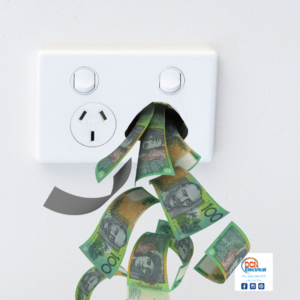 outdated appliances, or inefficient systems, helping homeowners make necessary upgrades to save money.
outdated appliances, or inefficient systems, helping homeowners make necessary upgrades to save money. - Energy Audits: Electricians can conduct energy audits to identify areas of energy wastage in the home and recommend solutions to improve efficiency, thereby reducing energy costs.
- Power Surge Protection: Installing surge protectors can prevent damage to electronic devices and appliances during electrical surges, saving homeowners from costly repairs or replacements.
- Electrical Board Upgrades: Upgrading the electrical board to accommodate modern appliances and electrical systems can improve efficiency and safety while potentially reducing electricity costs.
- Power Factor Correction: Electricians can install power factor correction devices to optimise the electrical system’s efficiency, leading to reduced energy consumption and lower bills. Learn more about how power factor correction can save you money on your electricity bill here.
- Fixing Electrical Leaks: Identifying and fixing electrical leaks, such as those in wiring or outlets, can prevent energy wastage and reduce electricity bills.
General tips to cut costs on your electricity bills
- Energy-Efficient Fixture Upgrades: Installing energy-efficient ceiling fans, appliances, and other fixtures can help reduce electricity usage and save money over time.
- Energy Monitoring: Smart home energy monitoring systems provide real-time insights into energy consumption, allowing homeowners to identify areas of high usage and take steps to reduce it.
- Appliance Automation: In addition to their convenience, smart plugs and switches allow users to optimise energy consumption by scheduling the operation of appliances. With a smart plug or switch, you can set washing machines, dishwashers, and dryers to run during off-peak hours when electricity rates are lower. This not only saves money on utility bills but also reduces strain on the power grid during peak demand periods. Smart plugs and switches can also be used for heated towel rails, allowing you to set them to turn on before your shower and automatically turn off afterwards, helping your towel dry.
- Smart Power Strips: These devices detect when electronics are in standby mode and cut off power to them, preventing energy wastage and reducing electricity bills. This feature is particularly beneficial for devices like televisions, computer monitors, game consoles, and other appliances that consume standby power even when turned off. Many smart power strips have remote control capabilities or smartphone connectivity options. Users can conveniently monitor and control individual outlets or entire power strips through dedicated mobile applications. With a few taps on their phone screen, users can remotely turn off specific outlets or set timers for devices to automatically shut down after a designated period of inactivity.
- Remote Control and Monitoring: Smart home apps make it easy to manage household appliances. With these apps, users can remotely control and monitor their electrical devices. This means you can easily turn off appliances that were left on by accident, even when you’re not at home. Plus, these apps give you real-time information on energy consumption, so you can track how much energy you’re using and make smarter choices to save energy. By using smart home apps, you can live a more sustainable and environmentally friendly lifestyle.
- Weather-Based Automation: Integrating weather forecasts into smart home systems allows for automated adjustments to heating, cooling, and irrigation systems, optimising energy usage based on weather conditions.
- Voice Control: Voice-activated smart assistants can control various electrical devices and systems, allowing for hands-free operation and ensuring that devices are not left running unnecessarily.
- Automated Window Treatments: Smart curtains, blinds and shades can be programmed to open or close based on the time of day, temperature, or sunlight intensity, helping to regulate indoor temperatures and reduce the need for heating or cooling.
- Demand Response Programs: Smart home technology can participate in demand response programs, automatically adjusting energy usage during peak demand periods to take advantage of lower electricity rates.
19.Electric Vehicle Chargers: Assisting with the installation of electric vehicle charging stations, enabling homeowners to save money on fuel costs by transitioning to electric vehicles
- Education and Advice: Electricians can help homeowners save money by educating them on energy-saving practices. They can provide advice on using electricity more efficiently, including the benefits of energy-efficient appliances and lighting fixtures. Additionally, they can guide homeowners on maintaining electrical systems and appliances for optimal performance and to minimise energy waste. These efforts empower homeowners to make informed decisions about their energy usage, promoting a sustainable and cost-effective approach to electricity consumption.
By partnering with a knowledgeable electrician who truly understands the intricacies of energy efficiency and smart home integration technology, homeowners can take proactive steps towards reducing their electrical bills while creating a more sustainable living environment. Contact DCN Electrical for personalised information on how we can save you money on your home electricity.

